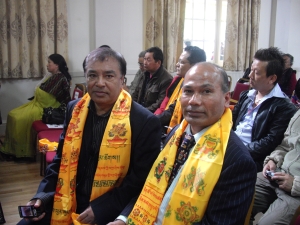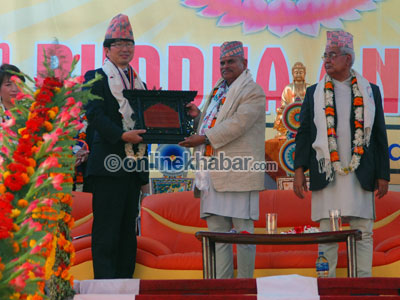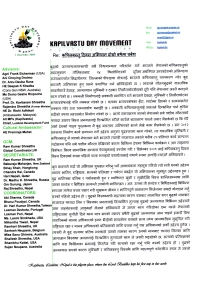Posted by Ram Kumar Shrestha on May 25, 2011
by M.B. Werapitiya
(May 15, Colombo, Sri Lanka Guardian) Buddhism teaches the cleansing of one’s mind of its defilements arising from craving, anger and ignorance in order to see and comprehend things in their authentic form.
The cleansing is done with systematic forms of meditation whereby engaging awareness as a vital force a strong foundation of concentration is built to progress into knowledge, wisdom and insight. With the cleansing of the mind, the kammic energy that flows for one runs its course to a finish. With the cessation of kammic energy, rebirth comes to an end. Rebirth it is that brings disease, decay, death and the whole of man’s travail. Thus, cleansing one’s mind one fulfils the purpose of one’s earthly existence.
In Buddhism there is no difference between mind and consciousness. Consciousness meeting with sense faculties triggers off thoughts which lead to mental and bodily activities giving rise to feelings, sensations, perceptions and mental formations. Consciousness being foremost in the life of man getting to know it becomes essential. Here are some theories of notable scientists and philosophers on the subject.
According to Western medical science, consciousness is an attribute of living organisms – an attribute of life at a certain level of development.
The concept of consciousness as a state of awareness is a primary. It cannot be broken down any further or defined by reference to other concepts to which it can be reduced. Hence it is an irreducible primary. It means that at birth, man’s brain produces consciousness due to chemical reactions. On this basis it necessarily follows that consciousness must cease with death.















